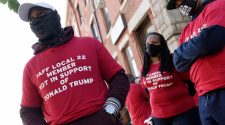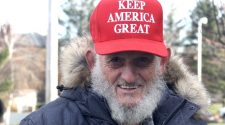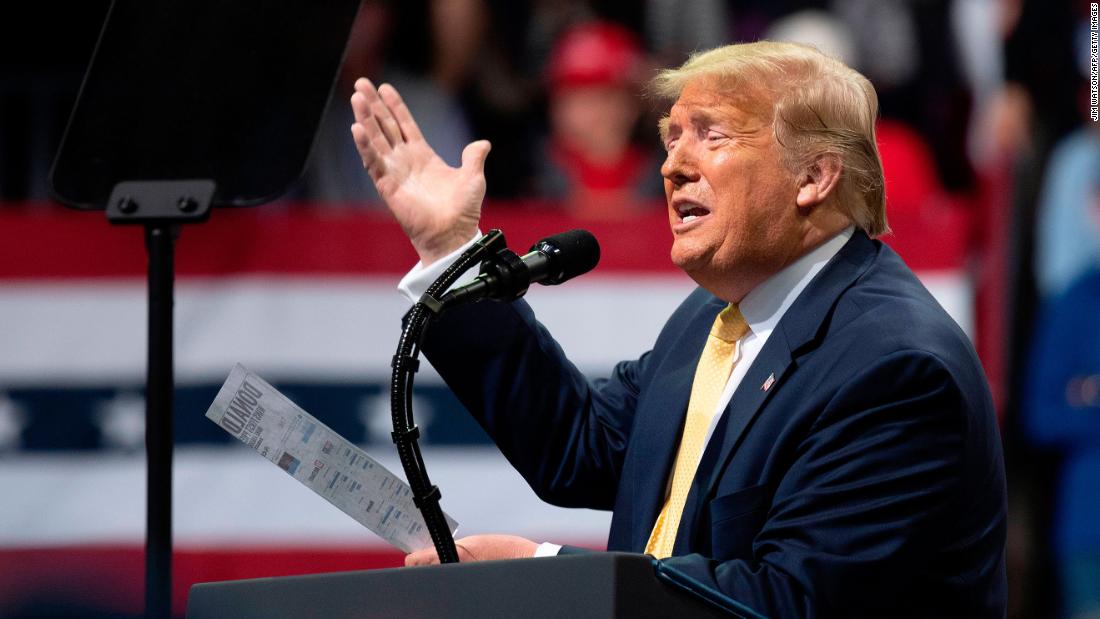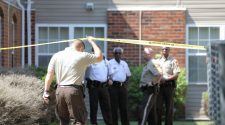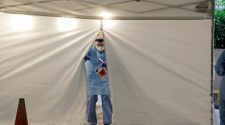Trump was interviewed by Fox News host Harris Faulkner on Thursday, when the President visited Dallas to host a roundtable with law enforcement and community leaders in the wake of George Floyd’s death at the hands of police officers. In newly aired interview footage, Faulkner asked: “Your rally is set for June 19. Was that on purpose?”
“Uh, no, but I know exactly what you’re going to say. … Think about it as a celebration. My rally is a celebration,” Trump said, adding, “Don’t think about it as an inconvenience.”
“The fact that I’m having a rally on that day — you can really think about that very positively as a celebration. Because a rally to me is a celebration,” Trump said. “It’s an interesting date. It wasn’t done for that reason, but it’s an interesting date.”
Sen. Kamala Harris, a California Democrat who is widely viewed as a top contender to be Joe Biden’s vice presidential pick, blasted Trump’s decision to hold the rally there on Juneteenth.
Harris has been critical of Trump’s posture on race, frequently saying he’s unfit to be president because he doesn’t understand the racial turmoil engulfing the nation.
Other Democratic leaders chimed in to slam the President for holding the rally at the site that bore a horrific act of communal racial violence 99 years ago.
While the President has said he sympathizes with peaceful protesters marching after Floyd’s death, he has a history of stoking racial animus, including calling some protesters “thugs” and threatened to deploy the military to “dominate” looters.
The Tulsa rally, Trump’s first since March 2, comes amid a national reckoning on systemic racism in the wake of Floyd’s killing, and a pandemic disproportionately impacting minority communities from both health and economic perspectives.
CNN’s Betsy Klein and Jasmine Wright contributed to this report.

